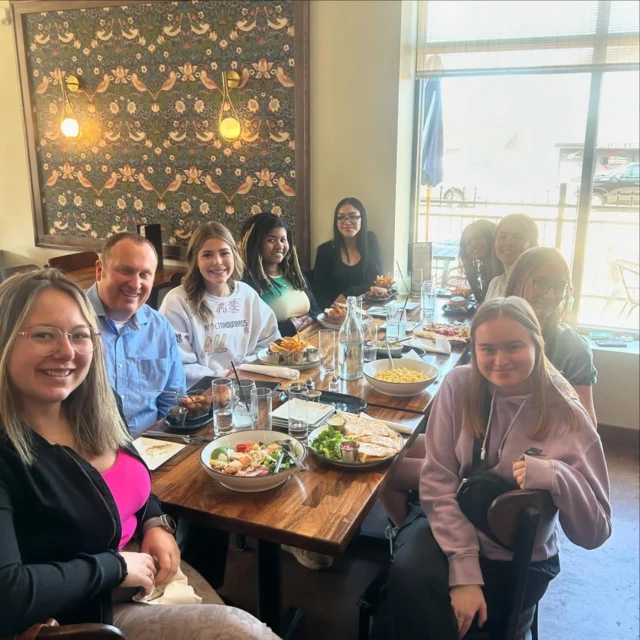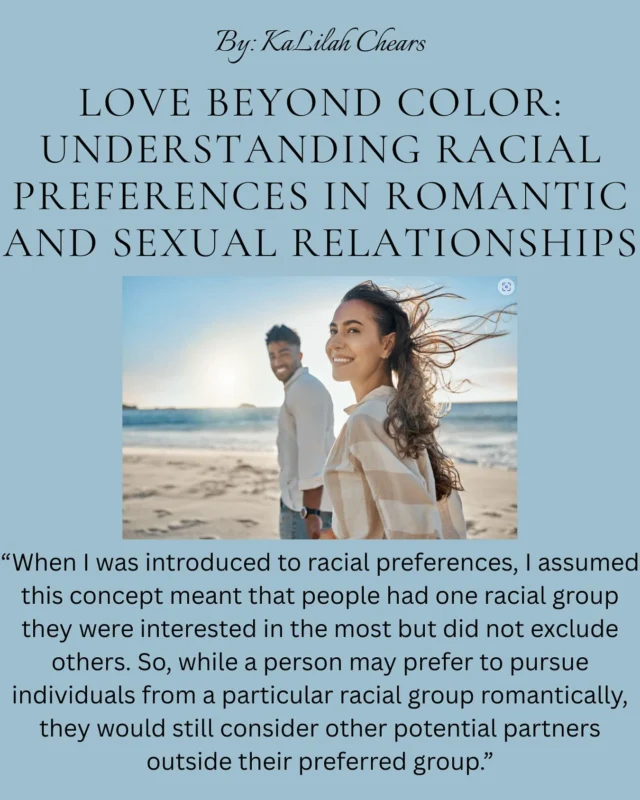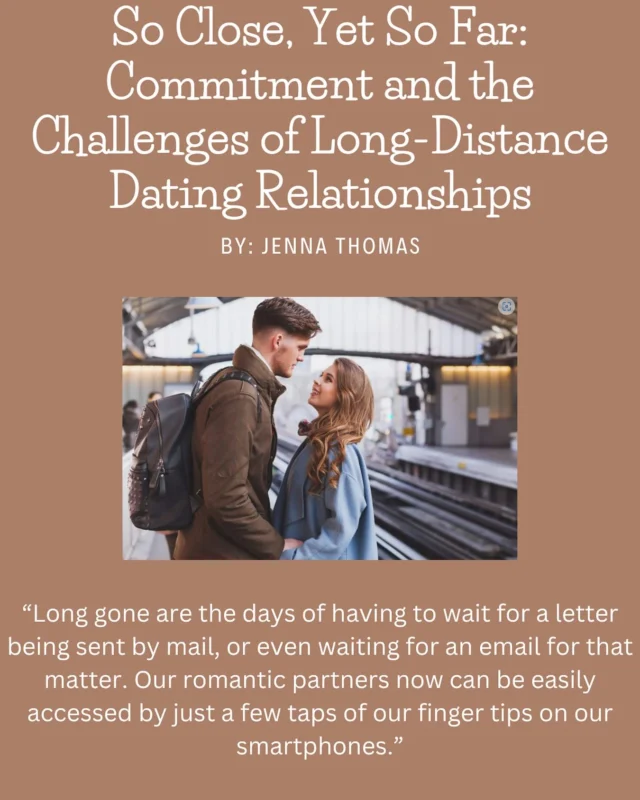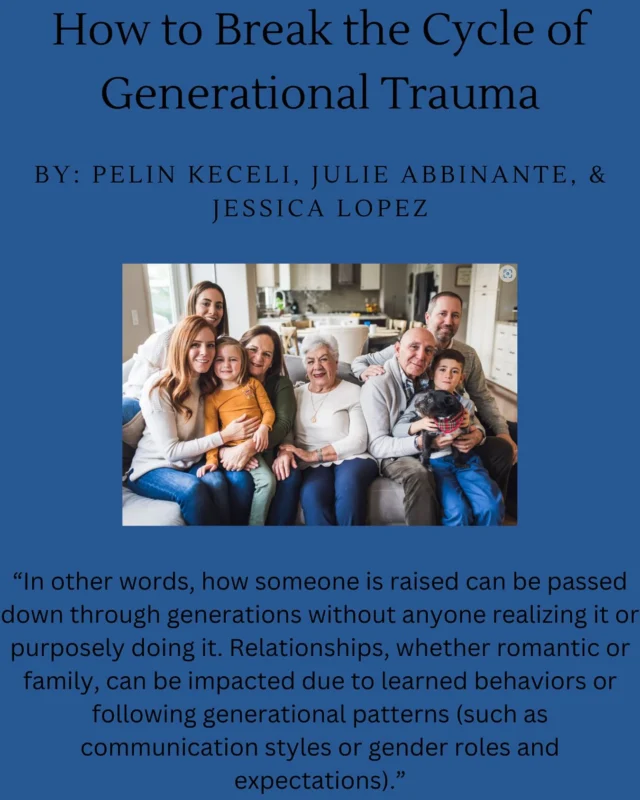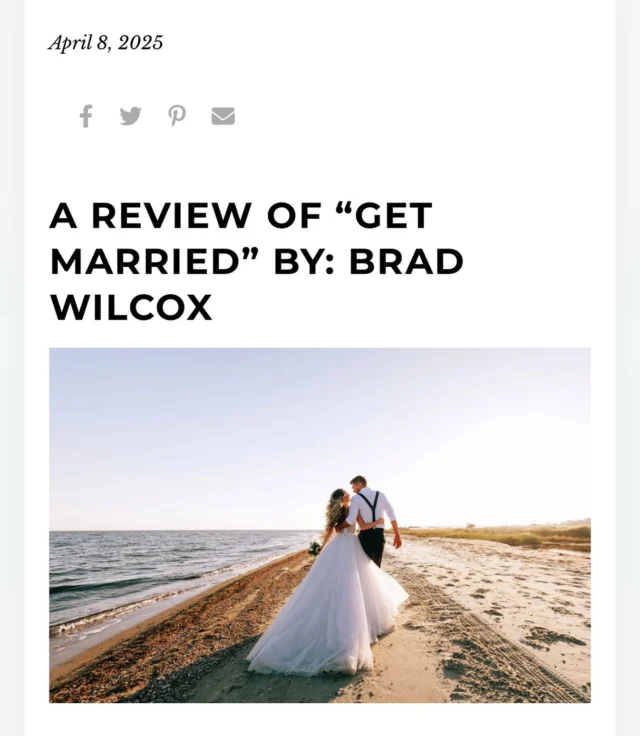On Valentine’s Day a few years ago, I was asked by my wife to go pick up a couple of extra items at our local supermarket for our family Valentine’s dinner. As I entered the store I was a bit startled by the scene before my eyes. All around me were men scrambling to purchase flowers, chocolates, and other gifts for their significant others. For the most part, it didn’t seem like much thought went into the purchase. Many of these men quickly found the nearest bouquet of flowers and dropped them into their shopping cart. I wondered as I watched the floral section of the store being completely sold out…how much thought was really put into these Valentine’s gifts? How much do these men personally prioritize their romantic relationship in comparison to work and leisurely activities? How do they communicate love in their relationships? Is this the same way they would have acted when their relationship was first starting out? Of course, it is quite possible that these men could be excellent husbands and boyfriends, and simply were looking for one last Valentine’s gift.
For the past six years I have seen individuals, couples, and families as a marriage and family therapist. At times, I have had the opportunity to work with couples who are on the brink of divorce. There are a variety of reasons why I have seen couples in therapy. There may be financial problems, infidelity, addiction, communication problems, challenging mental health concerns (depression, anxiety, PTSD, etc.), and the list goes on. I have found though, that in the grand majority of these cases divorce does not have to be the answer. While I recognize that not all marriages can be saved, I believe strongly that for the most part they can be and should be. Any relationship, if it is not nurtured and cared for, can dwindle and die. However, when partners are united and dedicated to making their marriage work, problems that once seemed insurmountable can be overcome.
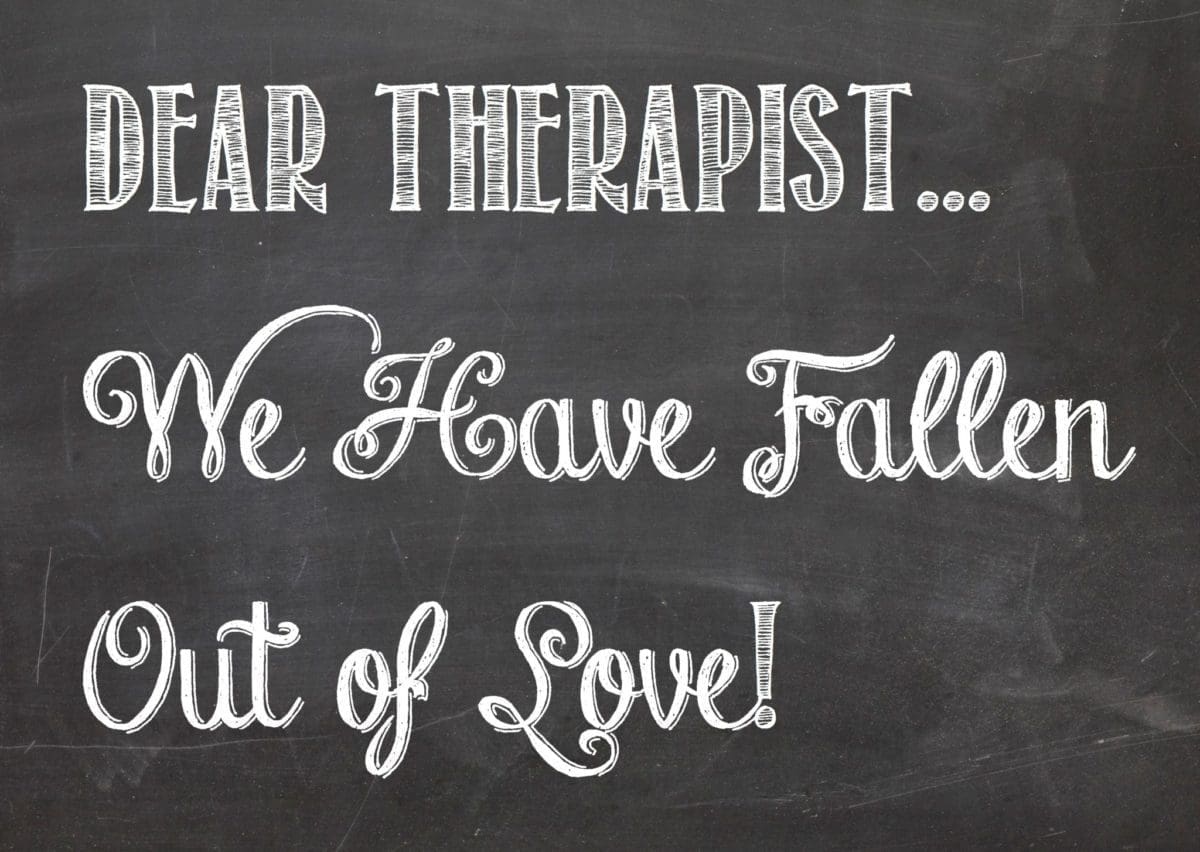
Love Your Choice
One of the most obnoxious things I hear as a therapist is the phrase “we have fallen out of love.” For me, this sounds like my clients have taken their fingernails to a chalkboard and are scratching with all of their might. I strongly believe that a person does not simply “fall out of love,” but instead partners make the choice to stop loving each other. They stop doing the basic things for each other that brought them together in the first place. They stop serving each other. They stop expressing their love for each other. They stop planning for their future together. Committed relationships require hard work, dedication, sacrifice, and constant communication. One of the most special moments I have as a therapist is when a couple decides to forgive one another. I believe that so many of the fights couples have can be worked out, but it requires each partner being willing to drop their pride, say “I’m sorry,” and decide to make changes in the way their relationship functions. When individual partners learn to stop pointing their finger at their partner, but instead recognize ways they can personally improve as a husband/wife or a boyfriend/girlfriend their relationship can often quickly improve.
Throughout my education, I have spent a great deal of time researching commitment in couple relationships. I have interviewed both individuals and couples regarding this topic. I have collected survey data from thousands of participants at the university. Commitment is one of the most essential elements for the success of romantic relationships. One of my very favorite quotes about commitment in couple relationships is “Choose your love, love your choice.” Far more than people give it credit for, love really is a choice. Each of us initially have the opportunity to choose the person we will love. Ultimately, if we want our relationship to not only last but to flourish we must love our choice. Loving our choice means that we are fiercely loyal to our partner and make them the top priority in our lives. It means that we treat our partner with kindness and with courtesy. It means that we still strive to do the romantic things we did when our relationship first started out.

Often, I feel like our society makes the concepts of love and commitment to be far more complex than they really are. Each semester I teach hundreds of students at the university about human development across the lifespan. One of our topics during the semester is romantic relationships. During our class discussions, it becomes apparent that many emerging adults are scared of commitment or believe that they have commitment issues. In my experience, this is often due to the example set by their parents (fighting, divorce etc.) or difficulties they have had in current or past romantic relationships. When I hear the phrase, “I have commitment issues,” I believe that the translation really is “I have decision-making issues.” I believe commitment actually is a simple concept and that it can be defined as a conscious, active decision to be dedicated to one’s partner. Regardless of what has observed through your family of origin you can still choose to have a successful relationship. It is true that you can’t control how your partner behaves but you can decide to be the best partner that you can be.
Decide To Have A Committed Relationship
One of my colleagues and favorite writers about commitment in couple relationships is Dr. Scott Stanley at the University of Denver. Stanley and his colleagues have become some of the most established researchers in the world regarding commitment in couple relationships. Perhaps their most influential work has been their commitment theory called Sliding versus Deciding. It’s the idea that when couples are faced with important relationship decisions (when to get married, when to have children, where to live, etc.) some people slide into these relationship transitions, while other people make well thought-out, intentional decisions as a couple. As explained by Stanley, Rhoades, and Whitton in a research article published in 2010:
“People slide into having sex. People slide into having children. People slide into dangerous relationships. In contrast to sliding, there are strong conceptual reasons to suggest that clear decisions generally build the most resilient intentions” (p. 253).
Being intentional in our decision making is extremely important if want our relationships to last. What are you currently doing to decide to be a loving spouse? What are you currently doing to decide to be loyal to your partner? As also explained by Stanley and Rhoades in a 2009 research paper:
“At the root, commitment means making a decision to choose one alternative over others, and that in choosing, one is deciding to give up the other alternatives. Deciding is fundamental to commitment” (p. 35).
We cannot afford to become complacent in our relationships if we hope for them to be happy and vibrant. I believe that our relationships can become more fulfilling and more satisfying when look for ways to grow and develop as a couple. My wife and I most certainly recognize ways that we can continue to strengthen and improve our marriage. Each of us can decide to be more invested in our relationships and choose to love the choice that we have made. You and your partner can choose to have a splendid relationship and be committed to each other. How grateful I am for my beautiful wife who inspires me to become that best husband and father that I can be!
References
- Stanley, S. M., Rhoades, G. K. and Whitton, S. W. (2010). Commitment: Functions, Formation, and the Securing of Romantic Attachment. Journal of Family Theory & Review, 2 243-257.
- Stanley, S. & Rhoades, G. (2009). Marriages at risk: Relationship formation and opportunities for relationship education. In H. Benson and S. Callan (Eds.), What works in relationship education: Lessons from academics and service deliverers in the United States and Europe (pp. 21 – 44). Doha, Qatar: Doha International Institute for Family Studies and Development.
Discover more from Decide To Commit
Subscribe to get the latest posts sent to your email.






